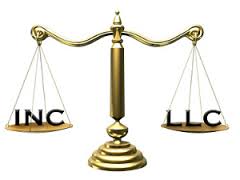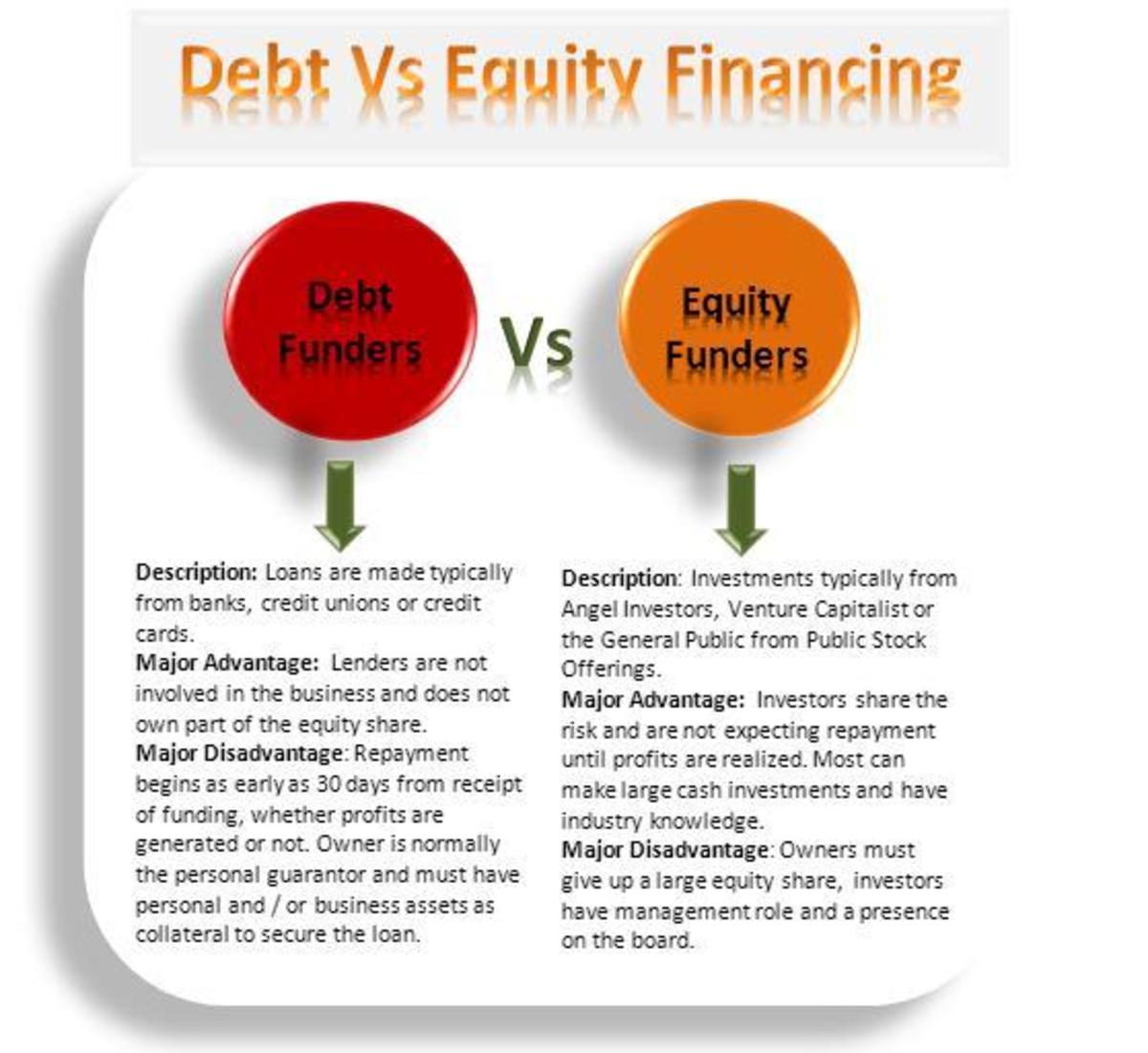Partnership Vs. Incorporating: A look at the advantages and disadvantages of this business choice

The Pros and Cons
When deciding what type of business to make, whether to incorporate or not, one must look at the pros and cons of each endeavor. The difference between a partnership and a corporation are big and wide spread. The biggest difference of the two of course though, is whether the business is it’s own legal entity, or whether it is an extension of the partners. Corporations are considered their own legal entity and must pay taxes as such, whereas partnership’s profits and losses flow through the business and are paid personally by the individual partners on their individual taxes.
So with every decision, there are pros and cons, advantages and disadvantages to each. Some of these advantages of partnerships, are the fact that the taxable rate for individual partners is usually lower than corporate tax rates. However, if the person’s individual tax rate is higher than corporation rates, the person may want to go the incorporation route.
As a partnership is not a taxable entity, formal taxes are not done and paid through the company. This may be seen as less paperwork, especially end of the year at tax time, however, the partnership must file an information tax return (form 1065). If the partnership fails to do so or is late, a penalty can be imposed for almost 200 dollars a month for the maximum time of a year.
Double taxation is a big down fall of corporation, whereas partnerships are protected better against it. The fact that property contributed on and after the beginning of the partnership is not subject to income recognition, as it would be in most cases with corporations. Partnerships are not subject to SEC Regulations as well, which can have huge benefits.
There are some glaring pit falls of partnerships and the like however, and this is liability. In corporations, the owners themselves have very little liability for the workings of the company, because the company is its own entity. With unincorporated businesses, liabilities pass through to the partners and can be very costly. General Partnerships (GP) have the most liability where the partners can lose business interest, as well as the partners personal assets. LLC limit the liability to only what is put into the business, whereas LLLC give a bit more protection, where if the partners has no fault in a malpractice suit, they will have no liability.
State laws affect LLCs simply because instead of having one set of rules country wide, LLCs are as different in each state as corporation rules in different countries. This can cause global issues for LLCs that merely do business across state lines, instead of country lines. State laws also tend to change more than federal laws, thus the LLC may be in a good state for this type of company in the beginning, however the next year may bring laws that add more liability or cost to the company type.
REFERENCES
Hoffman/Maloney/Raabe/Young. (2014). South-Western Federal Taxation Comprehensive Volume 2014 Edition. Mason: South western Cengage Learning.





